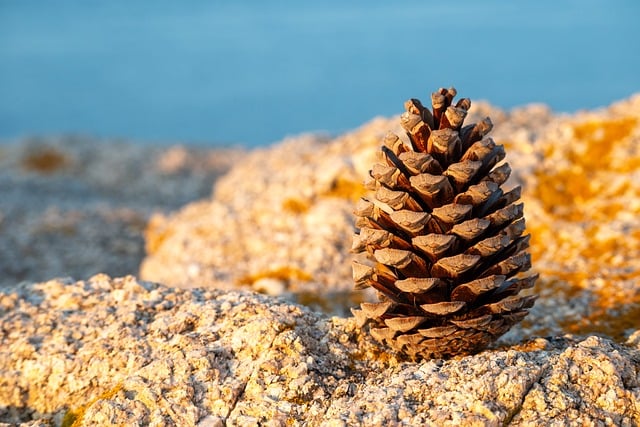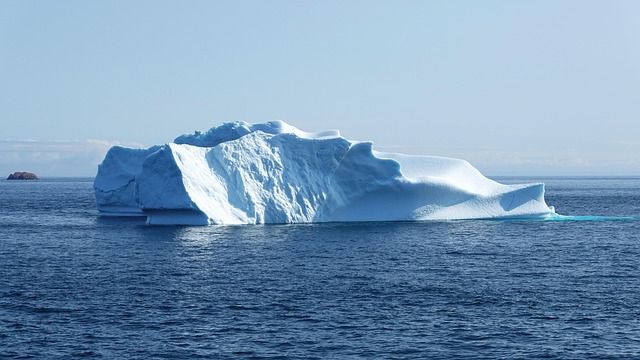Unveiling the Impact of Climate Change on Melting: A Dive into Environmental Information
The topic of melting ice caps and glaciers has become synonymous with the discussion surrounding climate change. As we dive into this critical environmental issue, it’s essential to have accurate information and a profound understanding of how climate change impacts our planet.
Climate change, driven largely by human activities, has led to a significant increase in global temperatures. This rise in temperature is not just a statistic; it’s a reality affecting ecosystems, wildlife, and communities around the world. When we think about melting ice, our minds often picture the majestic polar regions, where glaciers have stood for millennia. However, these monumental structures are now retreating at alarming rates, shedding light on an uncomfortable truth: our planet is changing.
The Environment in Peril
The environment is deeply intertwined with the various forms of melting occurring globally. From the Arctic ice sheets to the glaciers of the Himalayas, melting is not merely a visual phenomenon; it represents a disturbing trend that poses serious implications for the environment. As these ice masses diminish, they contribute to rising sea levels, which threaten coastal communities and ecosystems. Moreover, the melting of permafrost releases methane — a potent greenhouse gas — further exacerbating global warming.
Information regarding these changes serves as both a wake-up call and a call to action. Understanding the direct correlation between climate change and melting ice can propel individuals and communities to advocate for sustainable practices. Whether it’s reducing carbon footprints, supporting renewable energy initiatives, or getting involved in local conservation efforts, every small action counts.
The Ripple Effect
The consequences of melting ice extend beyond environmental concerns. They ripple through the social fabric of our lives. Communities that rely on glaciers for freshwater resources are facing an uncertain future. Many indigenous cultures that exist in harmony with their environments find their lifestyles threatened as their habitats degrade. This reality beckons us to consider the moral implications of our actions and the need for comprehensive information on climate issues.
As we seek information about climate change and its consequences, it’s vital to turn to credible sources that present the facts clearly and compellingly. Engaging with this information isn’t just about understanding; it’s about fostering empathy for those impacted and igniting a collective desire to safeguard our planet for future generations.
In this era of rapid change, let’s commit to staying informed and involved. Recognizing the significance of melting ice in the context of climate change empowers us to protect our environment and take meaningful steps toward a sustainable future.




